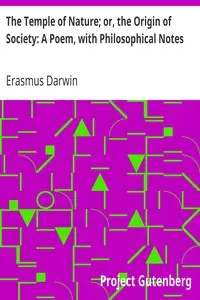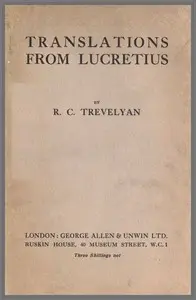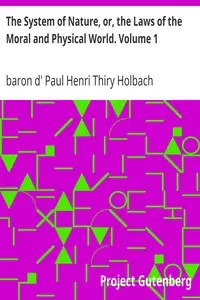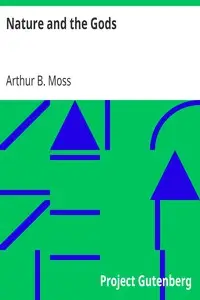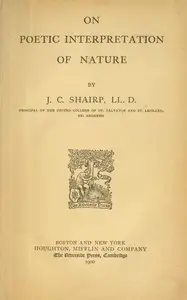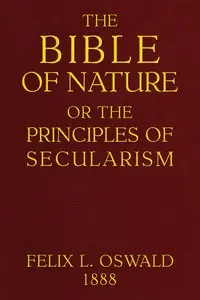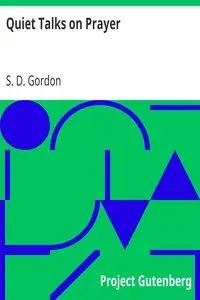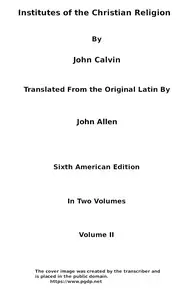"On the Nature of Things" by Titus Lucretius Carus explores Epicurean philosophy during the late Roman Republic, offering a detailed look at the universe's workings through atomism and naturalism, while arguing against religious beliefs and superstition. Beginning with a reverence for the goddess Venus, the text establishes Nature as a guiding force, leading into an explanation of eternal atoms, the emergence of life, and the mechanics of creation. The author encourages readers to understand the world through observation and reason, suggesting the universe is governed by physical laws rather than divine actions. The opening serves requests for divine inspiration in this poem, whilst also establishing an exploration into the nature of reality, challenging traditional thoughts about religion and what happens after death.
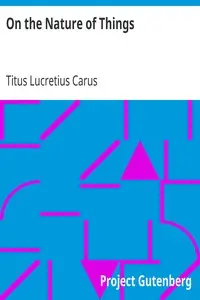
On the Nature of Things
By Titus Lucretius Carus
In ancient Rome, a poet seeks truth in the natural world, daring to unravel the mysteries of existence through science and reason instead of gods and myths.
Summary
About the AuthorTitus Lucretius Carus was a Roman poet and philosopher. His only known work is the philosophical poem De rerum natura, a didactic work about the tenets and philosophy of Epicureanism, which usually is translated into English as On the Nature of Things—and somewhat less often as On the Nature of the Universe.
Very little is known about Lucretius's life; the only certainty is that he was either a friend or client of Gaius Memmius, to whom the poem was addressed and dedicated. De rerum natura was a considerable influence on the Augustan poets, particularly Virgil and Horace. The work was almost lost during the Middle Ages, but was rediscovered in 1417 in a monastery in Germany by Poggio Bracciolini and it played an important role both in the development of atomism and the efforts of various figures of the Enlightenment era to construct a new Christian humanism.
Titus Lucretius Carus was a Roman poet and philosopher. His only known work is the philosophical poem De rerum natura, a didactic work about the tenets and philosophy of Epicureanism, which usually is translated into English as On the Nature of Things—and somewhat less often as On the Nature of the Universe. Very little is known about Lucretius's life; the only certainty is that he was either a friend or client of Gaius Memmius, to whom the poem was addressed and dedicated. De rerum natura was a considerable influence on the Augustan poets, particularly Virgil and Horace. The work was almost lost during the Middle Ages, but was rediscovered in 1417 in a monastery in Germany by Poggio Bracciolini and it played an important role both in the development of atomism and the efforts of various figures of the Enlightenment era to construct a new Christian humanism.

